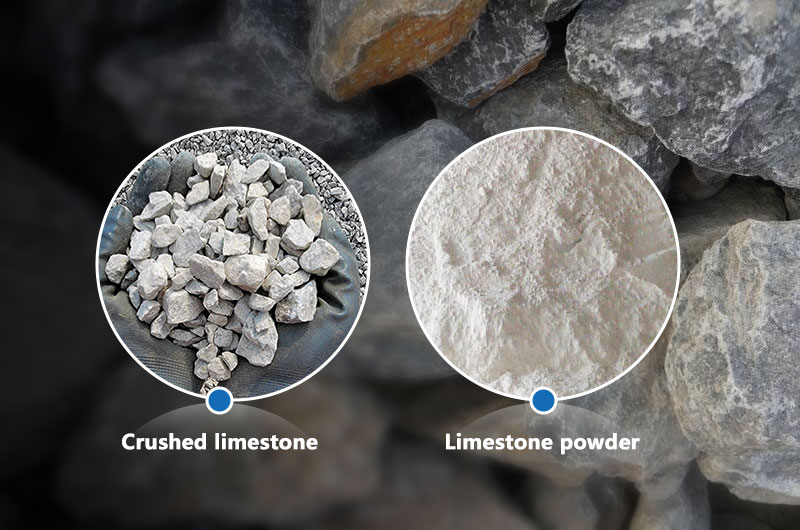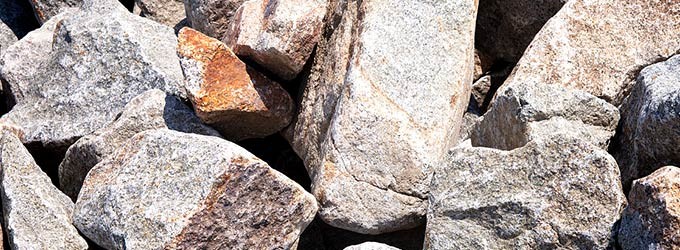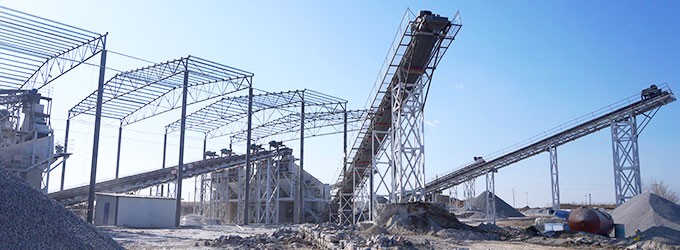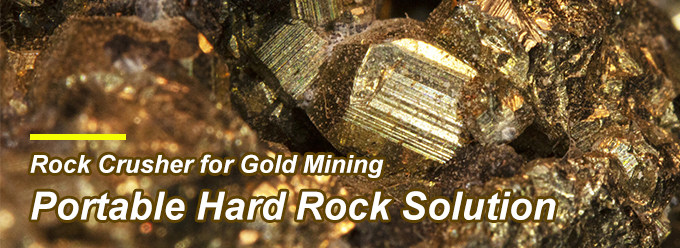Limestone and granite are key raw materials in aggregate production, widely used for highways, concrete, railroads, and large infrastructure projects.
With their hardness and abrasiveness varying greatly, choosing the right limestone crusher or granite crusher is essential for efficient, cost-effective processing.
FTM Machinery offers a full range of rock crushers to help you get high-quality aggregates while reducing operating costs.
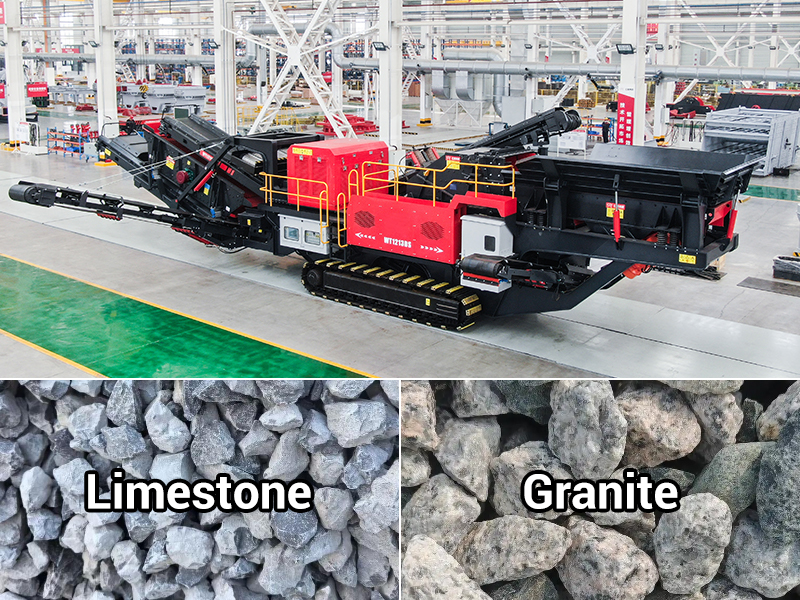
Crushing granite: hard rock, higher demands
Granite is one of the hardest materials used in aggregate production, with a Mohs hardness of 6–7 and high abrasiveness.
FTM Machinery offers granite crushing machines designed to resist wear, maximize productivity, and minimize downtime.
Mobile jaw crusher
The granite crusher from FTM Machinery is a powerful primary crusher designed for hard rocks. It delivers stable, high-performance crushing and handles large granite rocks with ease.
Its mobility allows on-site operation, reducing transport costs and increasing flexibility.
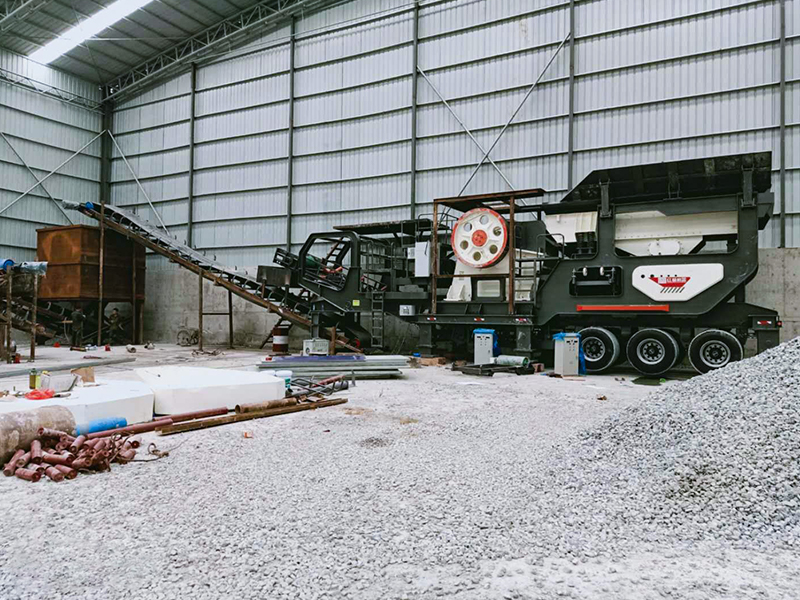
Key advantages:
- High reduction ratio up to 8:1 for crushing granite rocks into smaller sizes
- Handles feed sizes up to 1,200 mm
- Production capacity: 50–650 tons per hour
- Durable high-manganese steel jaw plates for long wear life
Mobile cone crusher
After the jaw crusher handles large granite rocks, the mobile cone crusher takes over to deliver premium-quality aggregates.
This granite crusher is built for medium and fine crushing of hard rock. It ensures consistent cubic shape, making it the go-to machine for concrete production, railway ballast, and highway construction.
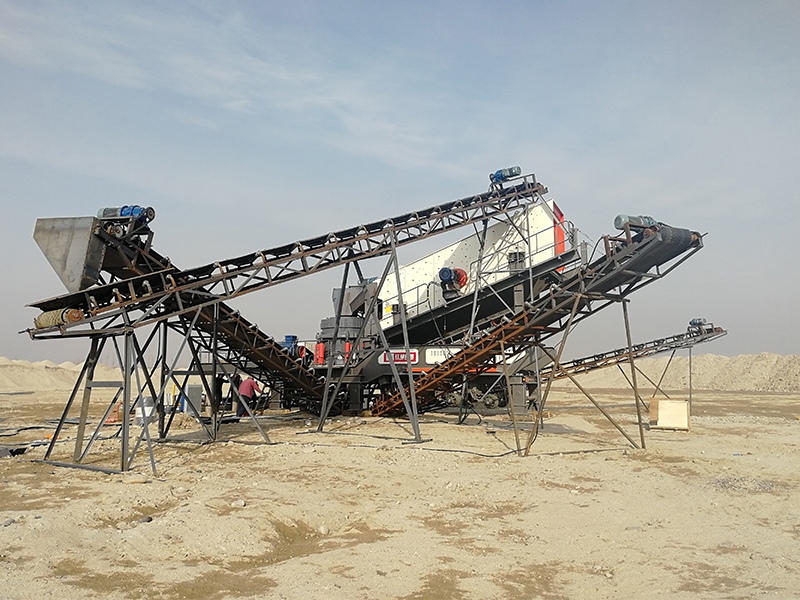
Key advantages:
- Produces cubical aggregates with minimal needle-like particles
- Advanced automation system with overload and tramp iron protection reduces downtime
- Up to 30% higher output compared to traditional rock crushers
- Versatile adjustment settings to meet different aggregate size requirements
Crushing limestone: soft rock, maximum output
Limestone is a soft to medium-hard rock with a Mohs hardness of 3–4. It is brittle, easy to crush, and has low abrasiveness. Limestone usually doesn't need a heavy-duty jaw crusher up front, unless the rocks are really big.
Instead, limestone crushers like impact crushers or hammer crushers are ideal. These crushing machines deliver high output with lower energy use, producing well-shaped crushed limestone with balanced fines.
Mobile impact crusher
The impact limestone crusher uses a high-speed rotor with replaceable blow bars to crush limestone against impact plates, producing uniform particle shape.
It can process limestone up to 800 mm in a single pass, making it ideal for aggregate and manufactured sand production.
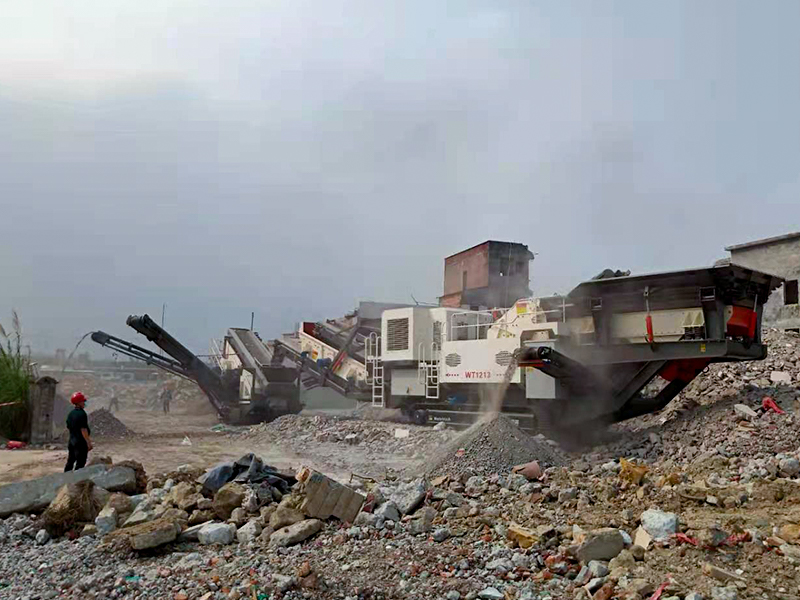
Key advantages:
- Capacity: 40–400 tons per hour, suitable for various limestone crushing lines
- Uniform particle size, needle-like content ≤10%
- High-chrome blow bars last 2–3 times longer than standard bars
- Saves 20–30% energy compared to traditional limestone crushing equipment, reducing operating costs
Mobile hammer crusher
The hammer limestone crusher breaks limestone through high-speed hammer impact. It completes crushing in one step, eliminating the need for secondary processing.
This rock crusher machine is widely used in sand and aggregate production, as well as in cement and lime plants.
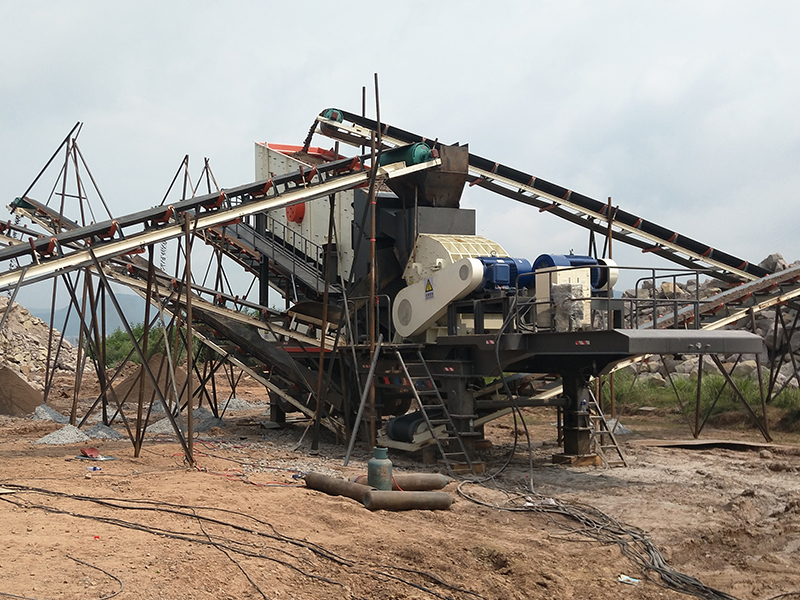
Key advantages:
- High reduction ratio up to 50:1, producing fine aggregates or limestone powder
- Handles large feed size up to 1,000 mm for crushing big limestone rocks
- Very competitive price compared to other limestone crushing equipment
- One-step crushing eliminates the need for a separate sand-making machine, cutting total costs by up to 40%
- High-chrome alloy hammers (20–27% Cr) provide longer wear life and reduce replacement frequency
One crusher, two worlds
FTM Machinery provides a full range of rock crushing equipment, including jaw crushers, cone crushers, impact crushers, hammer crushers, vibrating feeders, screening equipment, and belt conveyors.
This versatile combination allows your entire crushing line to handle everything from primary crushing to final screening, helping you reduce energy consumption, lower operating costs, and maximize output.
Track rock crushers vs. wheel rock crushers
When choosing the right rock crusher for your project, deciding between a track-mounted crusher and a wheel-mounted crusher is critical:
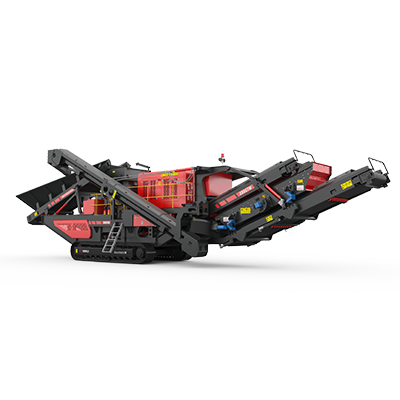
- 1 Perfect for quarries, mining operations, and large-scale infrastructure projects with rough terrain
- 2 Your limestone crusher or granite crusher can be transported directly to the site, cutting transport costs
- 3 Designed for continuous heavy-duty use with minimal downtime.
- 4 Compatible with different crushing equipment—jaw crusher, cone crusher, or impact crusher
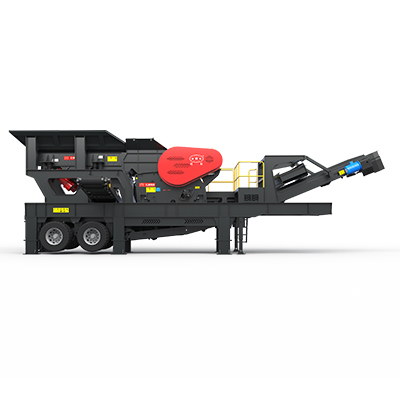
- 1 Lower investment cost and easier to move between job sites
- 2 Ideal for projects with stable ground and relatively fixed operations
- 3 A cost-effective choice for medium-scale limestone crushing or small granite crushing projects
- 4 Easy setup and straightforward maintenance, making them practical for contractors and small quarries.
Customer case: 300 TPH granite crushing in Florida
A construction company in Florida needed reliable granite crushing equipment to supply high-quality aggregates for road base and ready-mix concrete.
FTM Machinery provided a portable granite crusher with a capacity of 300 TPH. The plant combined a jaw crusher for primary crushing and a cone crusher for fine shaping.
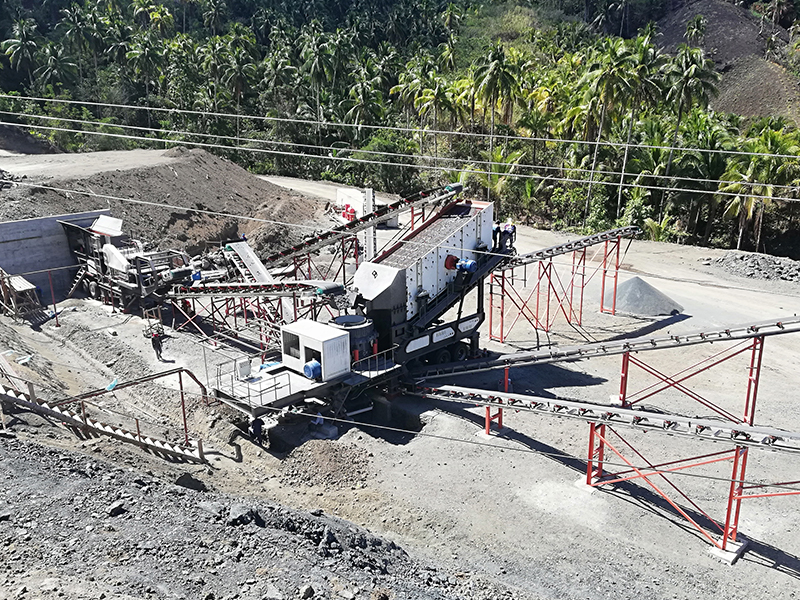
The new granite crusher delivers well-shaped cubic aggregates, cuts energy use by 25% compared to their old rock crusher, and boosts output by 30% to meet the rising demand of local infrastructure projects.
The client praised the efficiency and cost savings, noting that the new granite crushing equipment helped them complete projects faster while lowering operating expenses.
Conclusion
Soft or hard, limestone or granite—what matters is a rock crusher that works efficiently and profitably. The right equipment selection means:
- Higher production
- Lower operational costs
- Strong reliability
- Faster ROI
Let your rock crusher do more than just break stone—let it build value in every ton. Contact us


